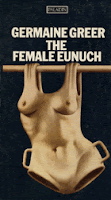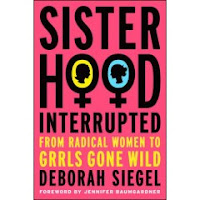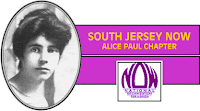
This just in: There’s been a sharp increase in never-married twentysomethings in just six years. According to new Census figures released today, almost three-quarters of men and almost two-thirds of women in their 20s in 2006 said they had never been married! As reported in USA Today:
Among men ages 20-29, 73% said they had never been married in 2006, compared with 64% in 2000. For women, 62.2% had never married in 2006, compared with 53.4% six years earlier.
The data also show the percentage of those marrying in their 20s continues to decline. A USA TODAY analysis of the new Census figures shows that just 23.5% of men and 31.5% of women ages 20-29 were married in 2006. (The analysis excludes those who are married but separated.) Both the number and percentage of those in their 20s fell from 2000, when 31.5% of men and 39.5% of women were married.
“These clearly are quite dramatic changes by demographic standards,” says demographer Peter Morrison of the non-profit RAND Corp., which studies public policy issues. “The amount of change in six years is quite substantial. It’s impressive in terms of the degree to which the institution of marriage is evolving. There clearly is a process of social evolution occurring here, and one can speculate about where it will end.”
The trend toward delaying marriage has emerged over several decades as economic and social forces have made it more difficult for those in their 20s to reach independence. Sociologists and demographers say other factors are also at work, including increasing numbers of cohabiting couples, more highly educated women who have fewer highly educated men of comparable age to partner with, and more choices open to women than in decades past.
For those reasons and others, experts say they don’t expect this upward trend in the ages for marriage to reverse.
So what are twentysomethings doing instead? For one, as also reported in USA Today, Gen Y is involved. Check it out here.
And finally, twentysomethings Nona Willis-Aronowitz and Emma Bernstein are taking a feminist roadtrip! Read all about it in The Metro. I’m looking forward to meeting with Nona next week.
Ok, I’m headed off to my cousins’ for Rosh Hashanah dinner (Mom – I made a killer kugel!) — I’ll be back on GWP tomorrow night!
(Thanks to CCF and Susan Bernstein for the links!)







